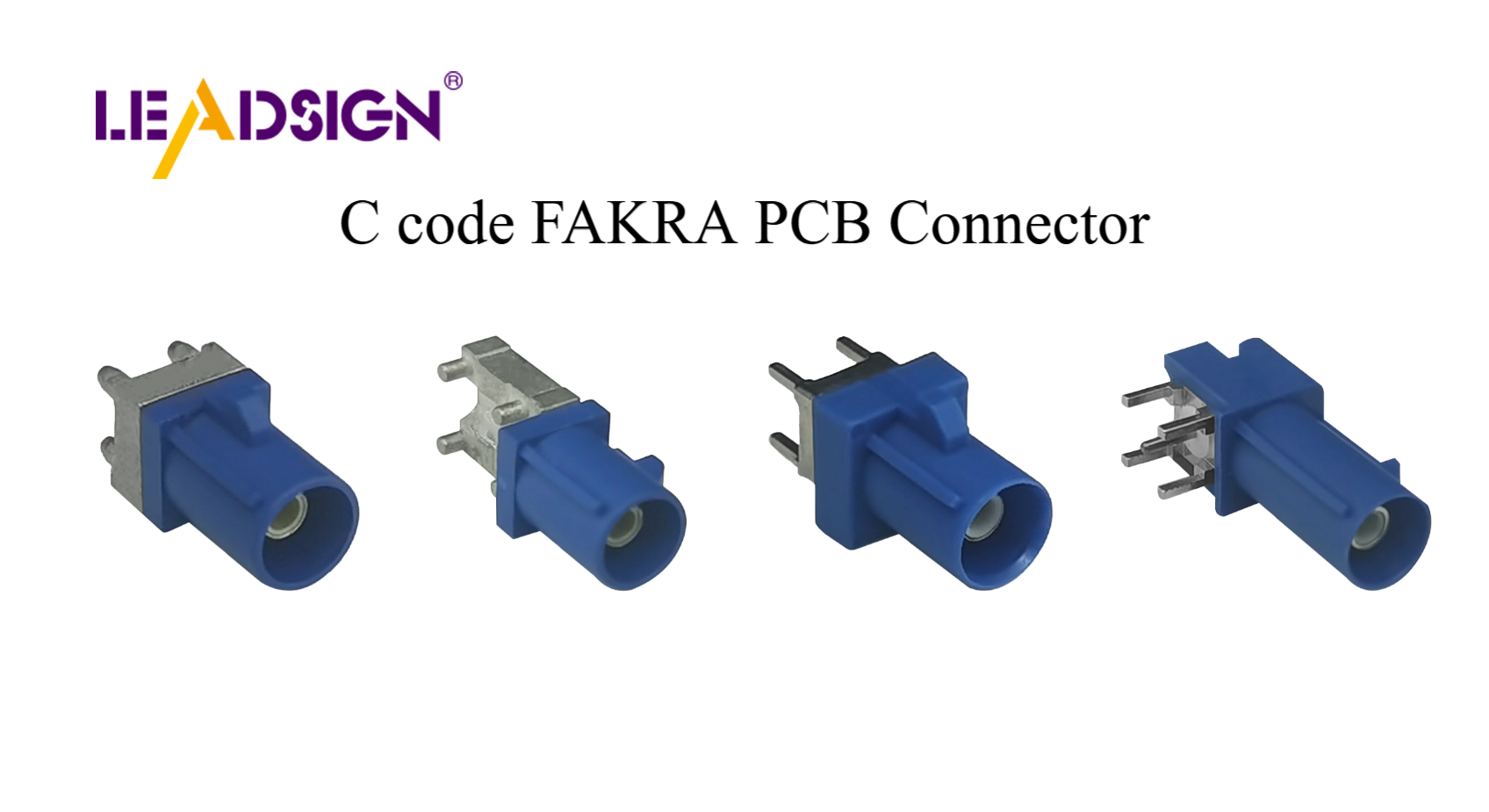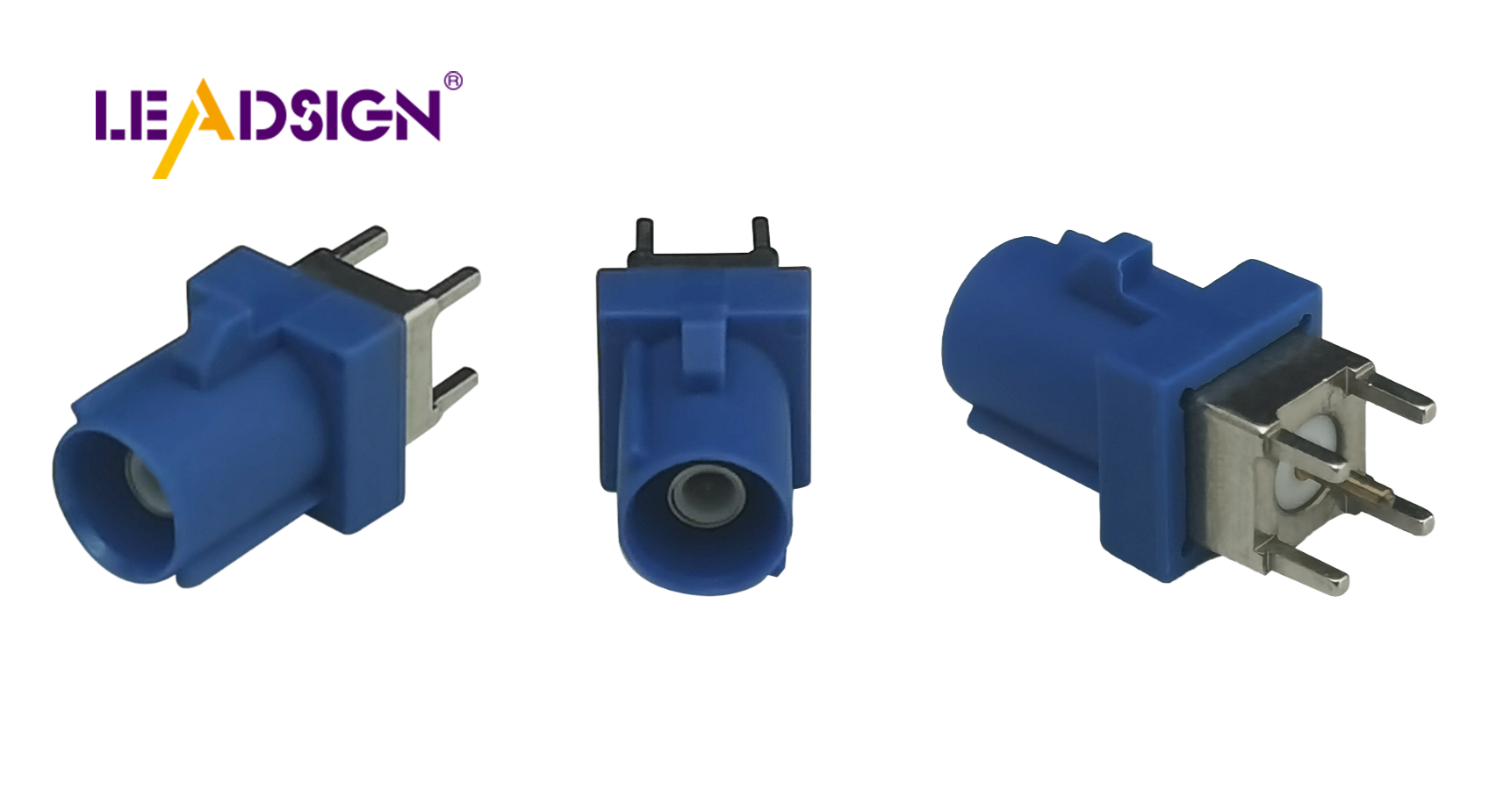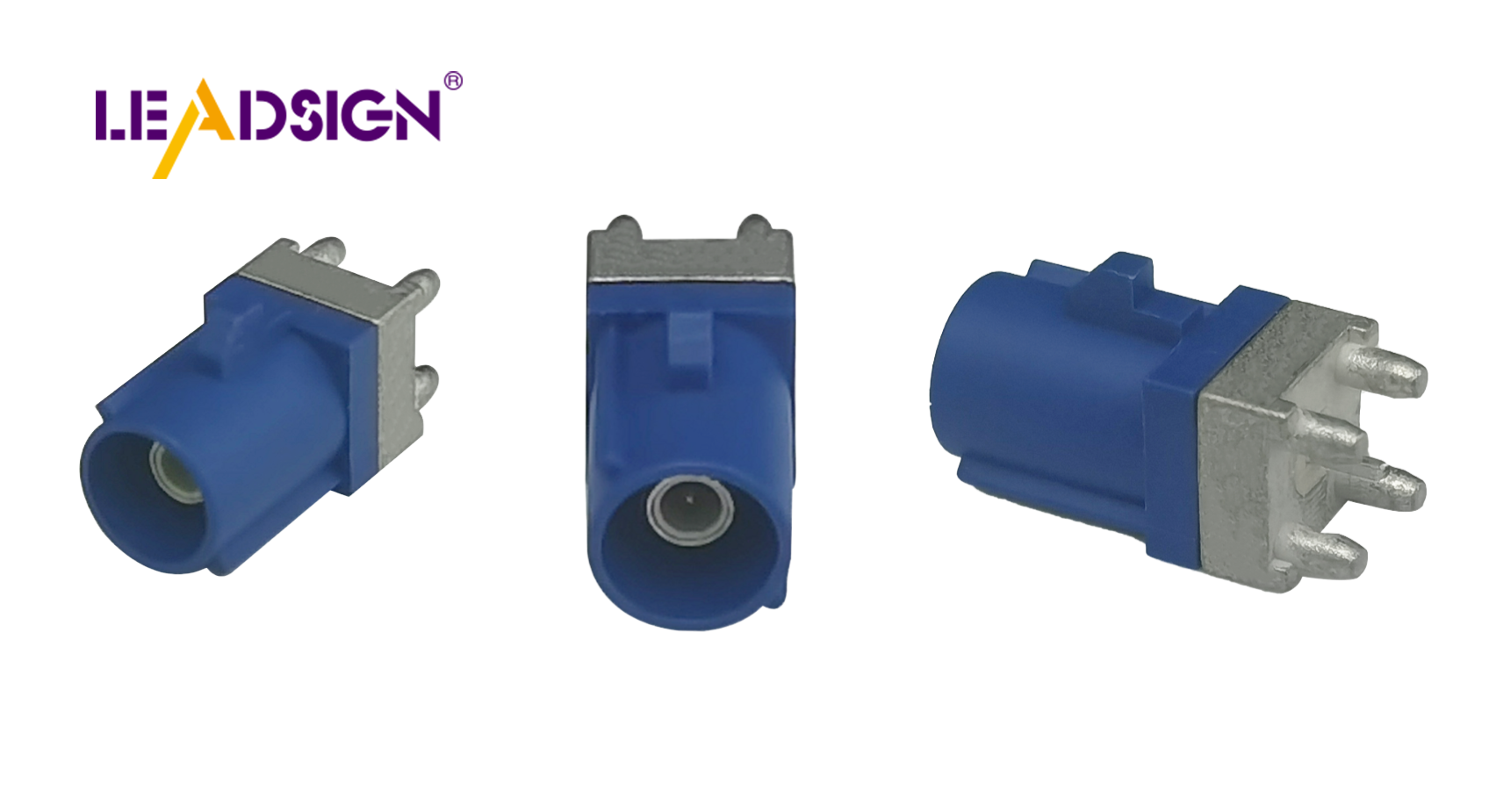High-Performance Vehicle Cable Options for 2023 EV Owners

Choosing the right vehicle cable is crucial for every EV owner. A good charging cable helps transfer power quickly and easily while ensuring your car remains safe from overheating or other issues. There are over 61,000 charging stations in the U.S. now, with millions more available worldwide. Having a robust vehicle cable for both home and public use is essential. Whether at home or on the road, the right cable makes a significant difference.
Key Takeaways
Choosing the right EV charging cable is essential for safe and efficient charging, whether at home or on the go.
Look for durable materials and weather resistance to ensure your cable can withstand various charging environments.
Ensure compatibility with your EV model by checking the connector type and power requirements before purchasing a cable.
Prioritize safety features like overcurrent protection and certifications to prevent overheating and ensure reliable performance.
Select the appropriate cable length based on your charging habits; shorter cables are ideal for home use, while longer cables are better for public charging.
Consider smart features in charging cables for added convenience, such as app control and scheduling, which can enhance your charging experience.
Investing in a high-quality cable can save you money in the long run by reducing the risk of damage and improving charging efficiency.
Key Features to Look for in EV Charging Cables

Picking the right cable for your EV is important. A good cable charges your car well, lasts long, and keeps it safe. Let’s look at what you should check before buying.
Durability and Build Quality
Materials Used in Cable Construction
The materials in a cable affect how well it works. Strong EV cables use special coverings to handle high heat and voltage. These materials keep the cable safe and steady while charging. Choose cables built tough for daily use.
Weather Resistance and Outdoor Use
If you charge outside, the cable must handle bad weather. A strong cable should resist rain, snow, and sunlight. Many good cables have coatings to protect them outdoors. This keeps them working well no matter the weather.
Compatibility with EV Models
Connector Types (e.g., Type 1, Type 2, CCS, CHAdeMO)
Different EVs need different plug types. Make sure the cable fits your car. Most newer EVs in the U.S. use Type 2 plugs, but older ones may need Type 1. Fast-charging plugs like CCS and CHAdeMO work for some cars. Check your car’s plug type before buying.
Voltage and Amperage Compatibility
Your cable must match your car’s power needs. If it doesn’t, charging may be slow or unsafe. For example, if your car uses a 50-amp charger, the cable must handle that. High-power cables are made to carry electricity safely and efficiently.
Safety Features
Overcurrent and Overheating Protection
Safety is very important when picking a cable. Good cables have features to stop overheating or too much power. These keep your car and home safe while charging. A safe cable can prevent accidents and costly damage.
Certifications and Compliance with Standards
Look for cables with safety certifications. Certified cables are tested to work well in different conditions. Standards like UL, CE, or ISO show the cable is safe for your EV.
By checking these features, you can find the best cable for your EV. Whether charging at home or on the road, the right cable makes charging easy, safe, and reliable.
Cable Length and Portability
Best Cable Lengths for Different Needs
The length of a charging cable is very important. Short cables are great for home use. If your charger is near your car, a 16-foot cable works well. It keeps your space neat and organized.
For public chargers or bigger areas, longer cables are better. A 25-foot cable helps when parking farther away. It lets you connect your car without moving it too much. Many EV cables come in different lengths for various needs. Picking the right length saves effort and time.
Easy to Store and Carry
Portable cables are useful if you charge in many places. Lightweight cables are simple to carry and store. Flexible materials stop them from tangling, making them easy to pack.
Some high-power cables use special materials to stay safe and slim. These cables are strong but easy to handle. Many include cases or straps for easier storage. Whether in your trunk or garage, portable cables are always ready to use.
A cable that’s the right length and easy to carry makes charging simpler and faster.
Top High-Performance EV Charging Cables of 2023

Finding the right charging cable for your EV is important. Knowing your options helps you pick the best one. Below are some top cables of 2023, with their features and benefits explained.
Cable 1: Streetwize 3-Pin EV Charging Cable
Key Features and Specifications
The Streetwize 3-Pin EV Charging Cable is great for light use. It works with regular home outlets, so no special charger is needed. This cable handles up to 10 amps, giving safe and steady power.
Connector Type: Standard 3-pin plug
Cable Length: 5 meters, good for short distances
Power Output: 10 amps
Weather Resistance: Basic protection for indoor or mild outdoor use
Pros and Cons
Pros:
Cheap and simple to use
Fits regular home outlets
Small and easy to carry
Cons:
Charges slower than other cables
Not strong enough for heavy outdoor use
This cable is best for EV owners who need a simple, low-cost charging option at home.
Cable 2: Emporia Level 2 EV Charger
Key Features and Specifications
The Emporia Level 2 EV Charger is perfect for daily home use. It charges faster than Level 1 chargers, saving time. With up to 48 amps, it’s one of the strongest EV chargers for home use.
Connector Type: J1772, fits most non-Tesla EVs
Cable Length: 7.5 meters, flexible for parking setups
Power Output: Up to 48 amps
Smart Features: WiFi-enabled with app control
Weather Resistance: Strong for indoor and outdoor use
Pros and Cons
Pros:
Quick charging for everyday use
Smart features for easy control
Built to last a long time
Cons:
Needs professional setup for best use
Costs more than basic chargers
This charger is ideal for non-Tesla EV owners needing fast and reliable charging at home.
Cable 3: ChargePoint Home Flex EV Charger
Key Features and Specifications
The ChargePoint Home Flex EV Charger is a top choice for home charging. It has adjustable power settings, so it works with many EVs, including Tesla (with an adapter). Its sleek look and app make it popular.
Connector Type: J1772, works with Tesla adapter
Cable Length: 7.5 meters, long enough for most setups
Power Output: Adjustable up to 50 amps
Smart Features: WiFi-enabled with app integration
Weather Resistance: Made for indoor and outdoor use
Pros and Cons
Pros:
Adjustable power for different needs
Great app for tracking and scheduling
Works with Tesla and non-Tesla EVs
Cons:
Costs more than some other chargers
Needs strong WiFi for smart features
This charger is perfect for Tesla owners and anyone wanting a flexible, high-quality charging solution.
Cable 4: Grizzl-E Classic EV Charger
Key Features and Specifications
The Grizzl-E Classic EV Charger is strong and dependable. This level 2 charger works well in tough weather, indoors or outdoors. It provides up to 40 amps, charging your EV faster. It fits most EVs, even those needing a 50 amp EV charger, with its adjustable power settings.
Connector Type: J1772, works with most EVs
Cable Length: 24 feet, good for different parking spots
Power Output: Up to 40 amps, adjustable for various needs
Weather Resistance: NEMA 4-rated, protects from rain, snow, and dust
Build Quality: Strong aluminum case for lasting use
This charger is great for EV owners who want something simple and tough. Its long cable is helpful when the charger is far from your car.
Pros and Cons
Pros:
Strong and weatherproof design
Long cable for easier use
Adjustable power for many EVs
Costs less than other top chargers
Cons:
No smart features like apps
Bigger size compared to sleeker chargers
The Grizzl-E Classic is a solid choice for home or outdoor charging. It’s reliable and easy to use, perfect for everyday needs.
Cable 5: Leadsign FAKRA Cable
Key Features and Specifications
The Leadsign FAKRA Cable is made for EV systems needing high signals. It’s not for charging but helps with EV features like GPS and driver assistance. Its small, light design fits easily into your car’s system.
High-Frequency Capability: Sends RF signals efficiently
Build Quality: Small and light for easy setup
EMI/RFI Shielding: Blocks signal interference
Applications: Great for GPS and car communication systems
Cost-Effective: Works well without costing too much
This cable improves your EV’s tech, like navigation and communication. It makes driving smoother and more connected.
Pros and Cons
Pros:
Handles high-frequency signals well
Small and easy to install
Protects against signal interference
Affordable and reliable for car systems
Cons:
Doesn’t charge your EV
The Leadsign FAKRA Cable is a smart pick for better car tech. It’s a low-cost way to upgrade your EV’s systems.
Comparison Table of Top Cables
Picking the best EV charging cable is easier with comparisons. Below is a simple guide to help you choose.
Key Features Overview
Connector Types, Cable Length, and Power Ratings
Each cable has different features for various needs. Here’s a summary:
Streetwize 3-Pin EV Charging Cable:
Plug Type: Standard 3-pin
Length: 5 meters
Power: 10 amps
Emporia Level 2 EV Charger:
Plug Type: J1772
Length: 7.5 meters
Power: Up to 48 amps
ChargePoint Home Flex EV Charger:
Plug Type: J1772 (Tesla adapter compatible)
Length: 7.5 meters
Power: Adjustable up to 50 amps
Grizzl-E Classic EV Charger:
Plug Type: J1772
Length: 24 feet
Power: Up to 40 amps
Plug Type: Not for charging (used for EV systems like GPS)
Length: Compact for inside use
Power: High-frequency signals
Price and Warranty
Prices and warranties differ for each cable. Here’s a quick look:
Streetwize 3-Pin EV Charging Cable: Low price, basic warranty. Good for light use.
Emporia Level 2 EV Charger: Medium price, strong warranty. Great for daily home use.
ChargePoint Home Flex EV Charger: Higher price, advanced features, and solid warranty.
Grizzl-E Classic EV Charger: Affordable, weatherproof, with a reliable warranty.
Leadsign FAKRA Cable: Budget-friendly for EV tech. Warranty depends on the seller.
Performance and Compatibility
Charging Speed and Efficiency
Charging speed depends on power and cable length. Shorter cables charge faster, but longer ones are flexible. Examples:
Streetwize 3-Pin EV Charging Cable: Slower charging with 10 amps. Best for rare use.
Emporia Level 2 EV Charger: Fast charging with up to 48 amps. Perfect for daily use.
ChargePoint Home Flex EV Charger: Adjustable power for efficient charging of many EVs.
Grizzl-E Classic EV Charger: Reliable charging with 40 amps. Works in tough weather.
Leadsign FAKRA Cable: Not for charging but improves GPS and communication systems.
Compatibility with EV Models
Each cable fits certain EVs and setups:
Streetwize 3-Pin EV Charging Cable: Fits home outlets. Good for older EVs or light use.
Emporia Level 2 EV Charger: Works with most non-Tesla EVs using J1772 plugs.
ChargePoint Home Flex EV Charger: Fits Tesla (with adapter) and other EVs. Great for flexible needs.
Grizzl-E Classic EV Charger: Fits most EVs with J1772 plugs. Ideal for outdoor or home use.
Leadsign FAKRA Cable: Boosts EV tech like GPS and communication systems.
This guide helps you pick the right cable for your EV. Whether you need a strong home charger or a portable one, this comparison makes it simple.
How to Pick the Best Cable for Your EV
Choosing an EV cable doesn’t need to be hard. Focus on your car’s needs, how you charge, and your budget. This step-by-step guide will help you decide.
Understanding Your Car’s Charging Needs
Plug Type and Power Capacity
First, check your EV’s plug type. Most newer EVs use Type 2 or J1772 plugs. Some cars need CCS or CHAdeMO for faster charging. If unsure, check your car manual or the maker’s website. Using the wrong plug can cause problems, so confirm before buying.
Next, know your car’s power capacity. Does it support Level 1, Level 2, or fast charging? For example, if your car uses 48 amps, get a cable that handles it. A mismatch can slow charging or harm your system. Strong cables like the Grizzl-E Smart work well for high power needs, keeping charging safe and smooth.
Limits of Your Car’s Charger
Your car’s built-in charger affects cable choice too. It controls how much power your car can take. Even with a strong cable, your car’s charger might limit speed. For instance, if your charger maxes at 7.2 kW, a 50-amp cable won’t charge faster. Knowing these limits helps you avoid wasting money on features you can’t use.
Thinking About Your Charging Habits
Home or Public Charging?
Decide where you’ll charge most often. If you mainly charge at home, pick a tough Level 2 cable that resists weather. Cables like the ChargePoint Home Flex EV Charger are great for home setups with adjustable power. If you use public chargers a lot, portability is key. A lightweight cable is easy to carry and use anywhere.
How Often You Charge and Portability
How often you charge matters too. Daily home charging needs a longer, stronger cable for regular use. For occasional charging, a small, portable cable like the Streetwize 3-Pin EV Charging Cable works fine. Portable cables are handy for trips or emergencies since they’re easy to store and use.
Budget and Long-Term Benefits
Balancing Price, Strength, and Features
Your budget is important when picking a cable. Cheap cables may save money now but might not last. Spending more on a durable cable, like the Emporia Level 2 EV Charger, can save money over time. Look for features like weatherproofing, smart controls, and adjustable power for better value.
Warranty and Support
A good warranty protects your purchase. Many top cables include warranties for defects or issues. For example, the Grizzl-E Classic EV Charger offers solid coverage, making it a safe long-term choice. Also, check for good customer support. Quick help can make a big difference if something goes wrong.
By focusing on these points, you can find the right cable for your EV. Whether charging at home or on the go, the right cable makes charging easy and worry-free.
Picking the right EV charging cable makes charging easier. The top 2023 cables are strong, safe, and work with many cars. Whether for home or travel, knowing your car’s needs is important. Check the comparison table for details like power, length, and weatherproofing. Choosing wisely helps your car charge faster and last longer. Spend time finding a cable that fits your EV and improves your daily life.
FAQ
What is the best cable length for my EV?
The right cable length depends on how you charge. At home, measure the distance from your outlet to your car. Add about 5 meters for extra reach. For public charging, a longer cable, like 25 feet, is helpful. It works well if you park far from the charger. Shorter cables are easier to store but may not work in all situations.
Can I use any EV cable with my car?
No, not all cables fit every EV. Check your car’s plug type, like Type 1, Type 2, CCS, or CHAdeMO. Most newer EVs in the U.S. use Type 2 or J1772 plugs. Using the wrong cable can stop charging or harm your car.
How do I know if a cable is safe?
Look for cables with safety labels like UL, CE, or ISO. These show the cable meets safety rules for heat, power, and strength. Good cables also have safety features, like stopping too much power, to protect your car and home.
Do I need a weatherproof cable for outdoor charging?
Yes, if you charge outside, pick a cable made for bad weather. Look for cables with coatings or NEMA-rated covers. These protect the cable from rain, snow, and sun, so it works well in any weather.
What’s the difference between Level 1 and Level 2 cables?
Level 1 cables use regular outlets and charge slower, around 10-12 amps. Level 2 cables need special stations and charge faster, often at 30-50 amps. If you charge daily or want faster charging, Level 2 is better.
Can I use a Tesla cable with other EVs?
Tesla cables are made for Tesla cars. But, with an adapter, you can use them for other EVs. Always check if the adapter works with your car to charge safely.
How do I store my EV cable?
To store your cable, roll it neatly to avoid damage. Use a bag or strap to keep it organized. Store it in a cool, dry place, away from sunlight and water, to make it last longer.
Is a smart charging cable worth it?
Smart cables let you control charging with an app, set schedules, and track energy use. These features save time and lower costs. If you like convenience, a smart cable is a good choice.
Can I use a high-power cable with a low-power EV?
Yes, you can. The cable will only give the power your car can take. A high-power cable is useful if you get a stronger EV later.
When should I replace my EV cable?
Replace your cable if it looks damaged, like frayed wires or cracks. Check it often, especially if you use it a lot or in tough conditions. A good cable can last years, but safety is most important.
See Also
Maximizing Automotive Data Flow With Superior Connectors And Cables
Boosting Vehicle Efficiency Using HSD To USB 2.0 Cables
Improving Data Transfer: Significance Of High-Speed Automotive Connectors
Improving Automotive Data Flow Using FAKRA PCB Connectors
Revealing Opportunities: High-Speed FAKRA-Mini Connectors For Automotive Applications

